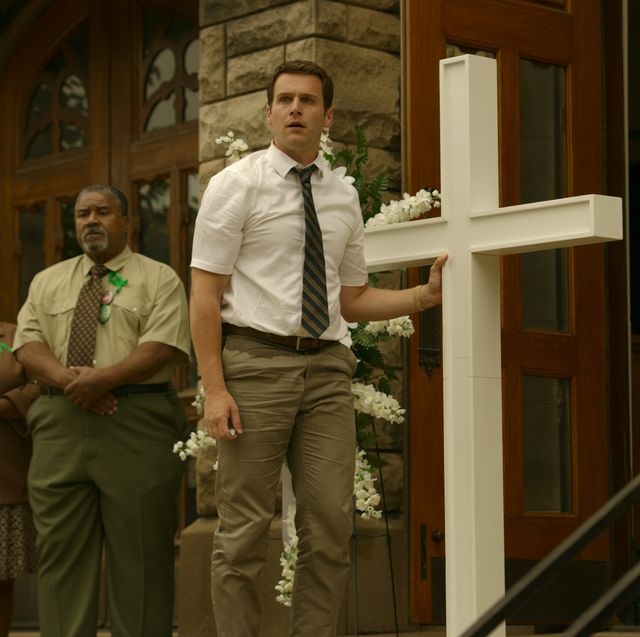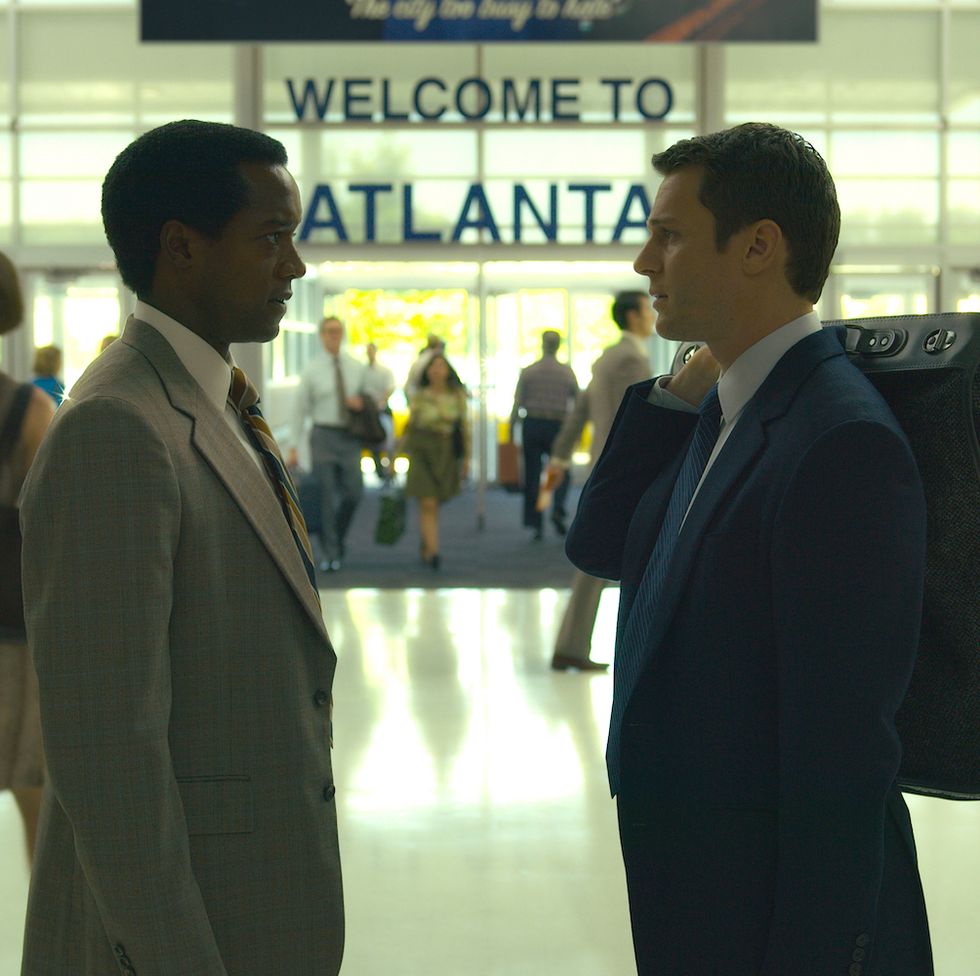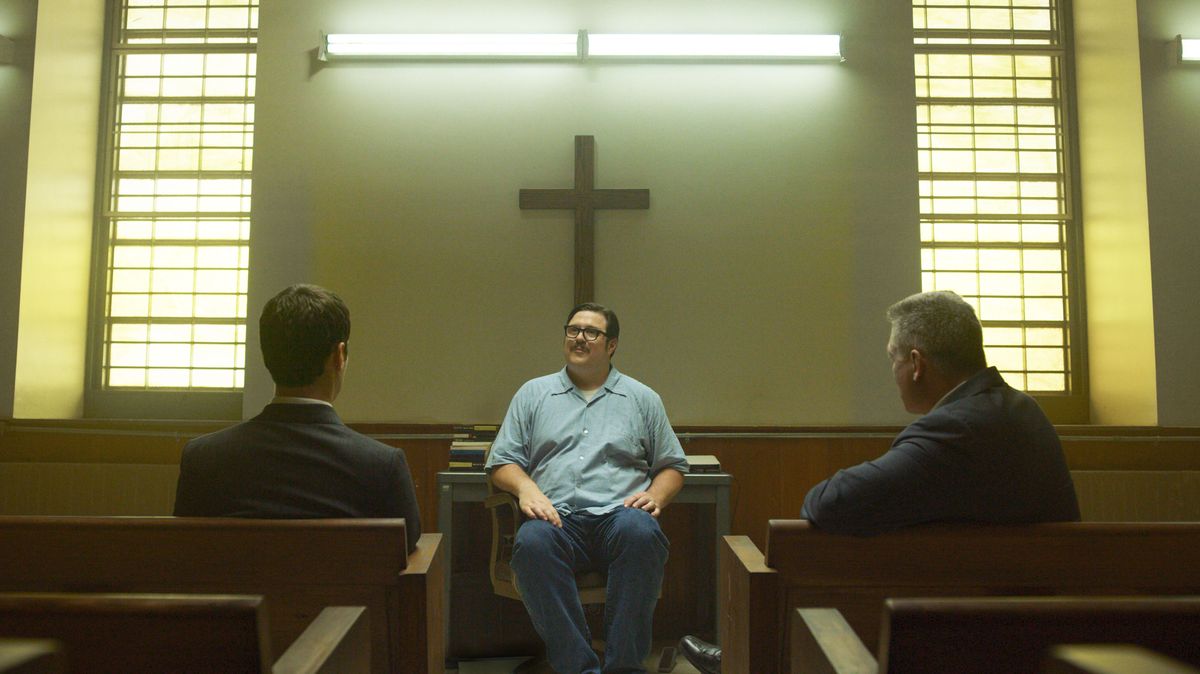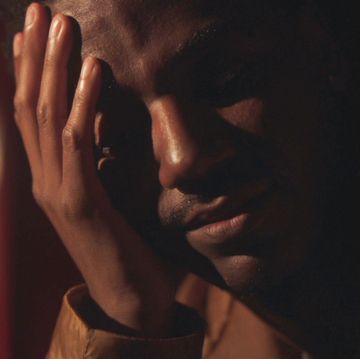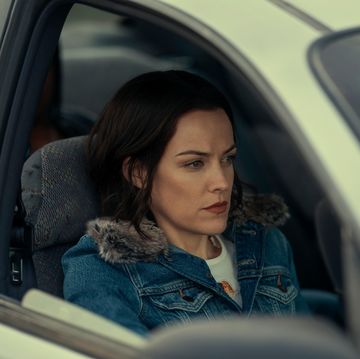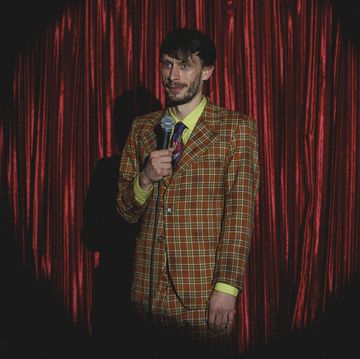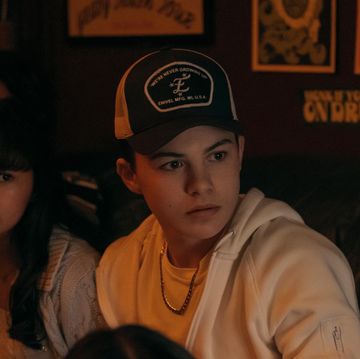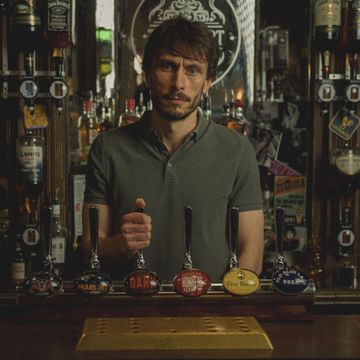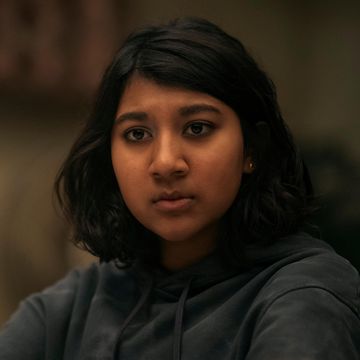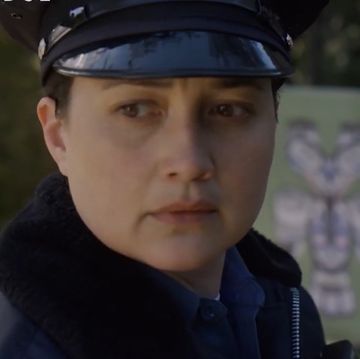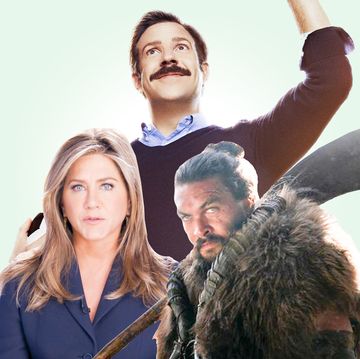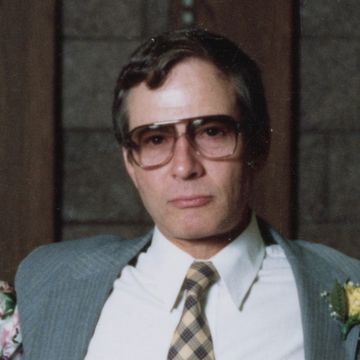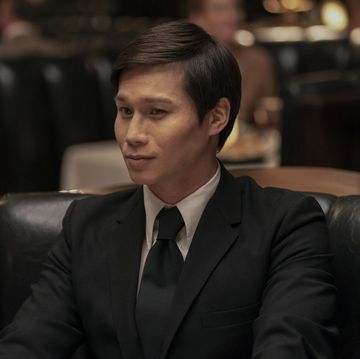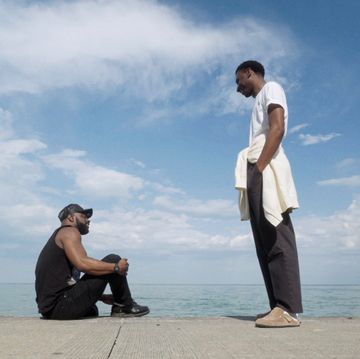Throughout the first season of Mindhunter, FBI agents Holden Ford (Jonathan Groff) and Bill Tench (Holt McCallany) spent months on the road interviewing incarcerated serial killers, aiming to glean insights that could then be applied to active investigations. After a couple of successful outcomes in Season One, the Behavioral Science Unit’s profiling techniques will be put to the test on a far more contentious and complex case, as Holden travels to Atlanta to interview two new subjects—William Pierce Jr and William Henry Hance—and is drawn into investigating the now-infamous Atlanta Child Murders.
A quick primer on the case: between the years of 1979 and 1981, at least two dozen black children were murdered in Atlanta, Georgia, along with six adults. In Season Two’s third episode Holden encounters Tanya (Sierra McClain), a hotel employee who introduces him to several of the murdered children’s mothers, all of whom are desperate for answers but have a well-earned lack of faith in law enforcement.
“It’s such a complicated case,” Groff acknowledges, adding that he listened to the hit Atlanta Monster podcast for research, along with reading James Baldwin’s book about the case, The Evidence of Things Not Seen. “David and the writers took pains to really try and fill in all of the gaps, so that it’s not just about the victims and finding the killer, it’s also a story about what was happening politically in Atlanta at the time."
What was happening politically in the city included the election of its first black mayor Maynard Jackson, “white flight” from the city’s urban center to the suburbs, and the completion of the new and sprawling Atlanta International Airport. Coming in as an outsider, Holden is paired with the Atlanta-based Jim Barney (Albert Jones), who Mindhunter fans will remember as the agent Bill wanted to hire at the Behavioral Science Unit last season. “A lot of our perspective on what’s happening in Atlanta comes through the character of Barney,” Groff says. Though Jones only appeared in one scene last season, he made an instant impression, and it was disappointing to see the unimpressive Gregg Smith (John Tuttle) hired in his place thanks to nepotism. “Albert knew when we shot that in Season One that he was coming back,” recalls Anna Torv, who plays Wendy Carr. “I remember talking to him at the time, like ‘You’re great!’ And he said yeah, apparently there’s gonna be more for me down the line.’”
Another complication in the case is that Holden initially travels to Atlanta alone, after Bill is called away to look into a murder which took place uncomfortably close to home. Following Holden’s mental breakdown earlier in the season, Bill and Wendy (Torv) are both understandably cautious to send him back out into the field alone, and though Holden initially seems to be holding it together, it’s easy to see the cracks starting to form.
“He thinks he’s gonna be fine,” Groff says. “I think he enjoys the drama of his situation earlier in the season a little bit, but when it comes down to work, he’s ready to take this idea of profiling and bring it out into the field. His obsession with that ends up trumping any self-awareness he might have about having lost his mind with Ed Kemper.”
In real life, the FBI’s involvement with the Atlanta murders became deeply controversial, and John Douglas – on whom Holden is based – was officially reprimanded for public comments he made about the case. At the time, in 1982, Wayne Williams had been convicted of the murders of two of the adult victims, but neither he nor anyone else was ever charged with the murders of the children. But Douglas gave a statement to a reporter in which he said Williams “looked pretty good for a good percentage of the killings,” which drew intense press scrutiny and led to Douglas being censured by the FBI. Though Groff didn’t confirm how closely the storyline would mirror reality, Holden’s mental instability and reckless attitude seem to be laying the groundwork for a similarly disastrous outcome.
“Holden is fixated on taking what they’ve learned and using it to catch a criminal, as opposed to just interviewing them behind closed doors,” Groff says. “That’s the obsessive desire that drives him through the entire second season, for better or for worse. He's just consumed by trying to prove that his theory is correct.”
